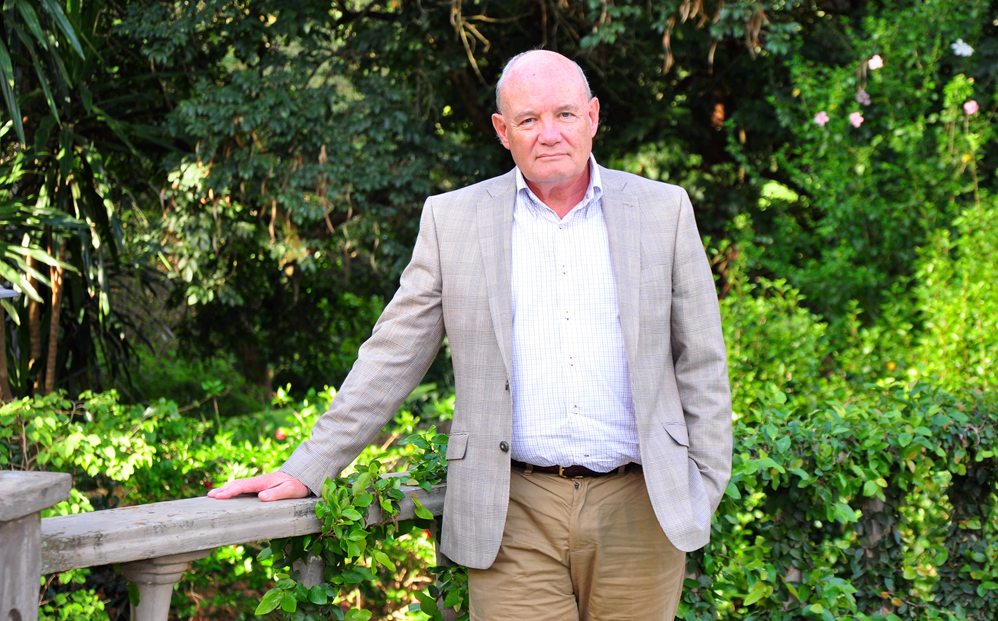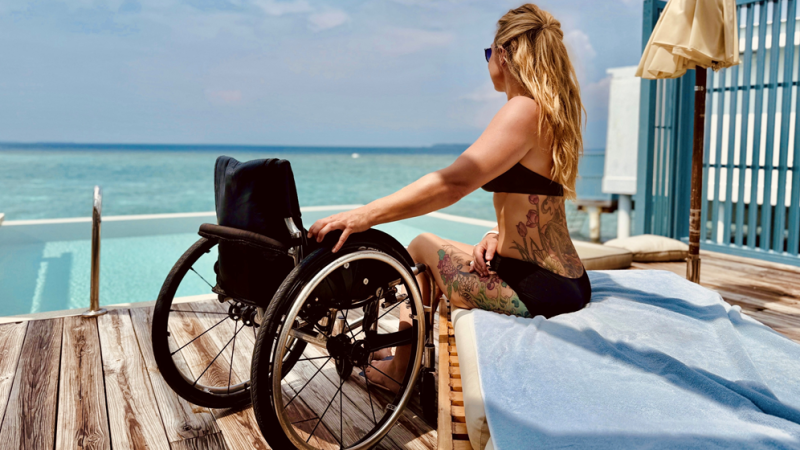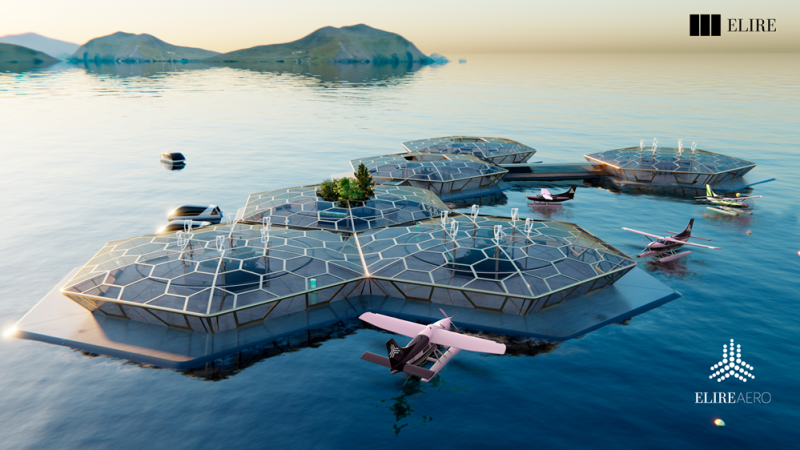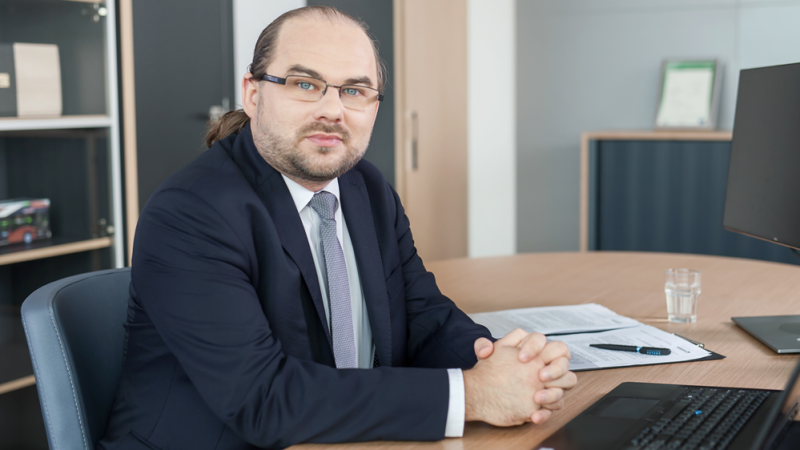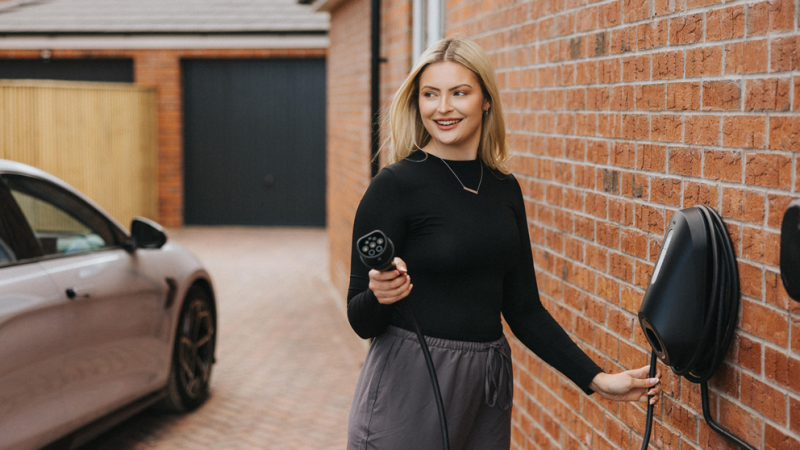We have been following Davis & Shirtliff’s progress for a few years now. The business was founded in 1946 by business partners Eddie Davis and Dick Shirtliff and was then taken over by Eddie Davis’s son Alec who has guided the expanded Group for over 40 years. Today it is a company of over 1,000 staff and over 100 branches in eleven countries and is the East African region’s leading supplier of water and energy related equipment. We have been charting that journey at Business Focus Magazine for the last seven years, monitoring its continuing development. However, when we meet Davis today there is no denying that the last year has been an eventful one for the firm.
“We have had quite a difficult environment here for several reasons,” Davis says. “In Kenya, the big challenge we have is that the Kenyan Shilling has appreciated. It was actually the strongest currency in the world last year, rising 20% against the US dollar.”
This situation came with some advantages, such as cheaper stock and reduced inflation. However, it also introduced challenges. Keeping prices competitive on an international level became more difficult. Another side effect was that when currency is appreciating customers are less likely to prioritise purchasing. This situation was exacerbated by reduced market liquidity due to lower levels of government spending.
“We had to liquidate our older stocks. A lack of liquidity, government cutbacks and competitor activities all made things a bit more difficult,” says Davis. “Our other markets were also flat and offshore revenues were diminished when translated back into shillings, so performance was affected accordingly.”
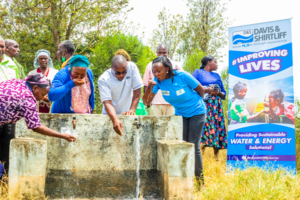
Despite these challenges, Davis & Shirtliff has continued to progress and last year took a number of initiatives. These included the opening of a new warehouse facility in Dar-es-Salaam, Tanzania and the construction of a new Engineering Centre in Kenya, which will be completed mid-year. Davis credits the continuing success to the company’s scale, operational efficiencies and, most importantly, the quality and commitment of its staff.
“We are a very well structured and managed company with good ERP and information systems. It is important to monitor the various metrics in order to identify problems as they arise. That has been a very important focus for us,” he says. “We have excellent staff and excellent communications with them. We have an open and empowered culture that is an important factor in driving results and in our ability to deal with the issues we have faced.”
“All in all it has been a reasonable year,” Davis says. “We have also made considerable progress in developing our supply chain and have launched several innovative ideas in the digital field. We are introducing apps and opening channels of digital communication with both the market and our customer base.”
Developing Skills
As well as the fiscal challenges in Kenya, there are also challenges in finding suitably qualified technical skills. As a business working in a highly specialised technical space, it has encountered challenges around the acquisition of expertise from within its markets, which is a priority for the Davis & Shirtliff Group.
“For the more specialised expertise that relates to our industries this up to now has only been available from the developed countries. If you need anything a little more complicated you have to rely on Europe, China or the Middle East,” Davis says. “And there are limitations to its relevance. The technology has to be adapted, and there is no real indigenous engineering capacity in our segments. So we have decided to focus on building this capacity across our range of products, especially in the digital area. We are building expertise in the design, development and production of optimal solutions.”
Some innovations have included solar pumping with remote monitoring and payment systems for rural areas, which Davis believes to be a big new opportunity for the company. It is introducing all-digital pumping solutions, with systems to remotely control the operation and efficiency of installations as well as enabling Pay-as-you-go options.
“It operates on supply and demand rather than just switching on and off,” Davis says. “Digital pumping provides variable operating speed driven by inverter control enabling greater efficiencies and resultant cost savings.”
At the same time, Davis & Shirtliff is developing sophisticated, world class Reverse Osmosis and Ultra Filtration water treatment equipment, often solar powered, all manufactured and designed in Kenya.
“We are pioneering this technology, innovating on the world stage because of the unique circumstances we operate in,” Davis says. “These technologies have much wider applications than Africa.”
Davis & Shirtliff’s pursuit of this technology is also driving a new focus on chemical products, for water treatment, swimming pools and industrial applications. The company is not just driving innovation for the sake of the accolades, however. There are material benefits to using technology that has been designed and developed within Kenya.
“Once the solution has been developed and designed, we can manufacture quicker and cheaper,” Davis says. “Then after installation, and most importantly, we can provide efficient service support, sometimes virtually. Often with imported products, when there is a problem it is difficult and expensive to obtain supplier assistance.”
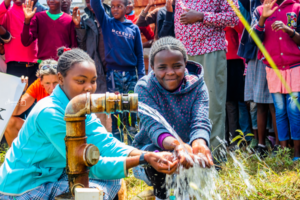
This is the model that is paving the way for the future of Davis & Shirtliff, as the business launches a series of initiatives to support the water and energy segments of the market. Perhaps the most significant of these initiatives is the firm’s new Engineering Centre, which will boast 5,000 square metres of space for system design, product development, production and testing.
To meet demand, Davis plans to continue expanding the company’s footprint, growing the network of 106 branches in the region while simultaneously expanding its product portfolio.
“We are also looking at new countries that could be potential markets in central Africa, such as Mozambique and Namibia,” Davis says.
ESG and sustainability are also a big part of Davis & Shirtliff’s vision going forward and it is in the process of establishing a Sustainability Division to manage this important activity with a special focus on environmental initiatives and the company’s extensive CSR activities that it labels ‘Improving Lives’. In 2024 over 120 projects impacting over 250,000 people were provided, mainly solar powered water supplies for underprivileged communities in arid areas. These projects, often jointly funded with partners, make huge improvements to the lives of the beneficiaries.
“In our fields, there is a huge demand for our products in the water and energy markets, especially in rural African areas,” says Davis. “That is a priority for us. Solar pumping is a very big activity for us and solar activities are a high priority for us now.”
